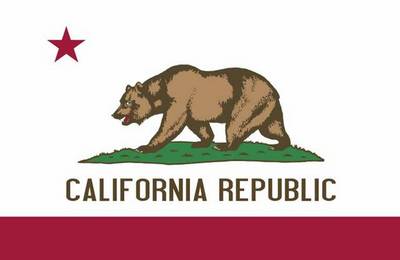 Democracy, elections, and voting
Democracy, elections, and voting
Bill introduction would lead to new limitations that would limit public referendums in California’s massive system. This California election referendum news is brought to you by Ballot Access News in the recent post, “California Bill, Restricting Initiatives, Advances“. Take a look at this excerpt:
“On April 23, California AB 857 passed the Assembly Elections Committee by a party-line vote of 5-2, with all Democrats voting “yes” and all Republicans voting “no.” It says that statewide initiatives cannot qualify unless at least 20% of the signatures submitted were collected by unpaid volunteers. Petitions collected by paid circulators would be on yellow paper and would bear the legend “Warning to the Public: This Petition is Being Circulated by a Person Paid to Obtain Your Signature. Read the contents of this petition before signing.” That would be in 18-point type. Each page of an initiative petition would bear a unique page number…
…The preamble to the bill says that under the current system, individuals and groups who have wealth now have the power to place initiatives on the ballot, which creates inequality. Of course that statement is correct. Ironically, the same statement could also be applied to candidate elections in California; candidates who are wealthy, or who have wealthy backers, have a very great advantage toward getting elected. However, California does not have public funding of candidates for state office, nor are there any bills to provide for public funding.
The part of the bill that requires at least 20% of the signatures to have been collected by unpaid workers probably is unconstitutional, under the 1988 unanimous U.S. Supreme Court opinion Meyer v Grant. Meyer v Grant struck down a Colorado law that prohibited paying circulators. The basis for the Meyer v Grant decision is not related to the rights of individual circulators to be paid to exercise free speech. Instead, the basis is that a ban on payment makes it more difficult for proponents of an initiative to qualify initiatives, and the decision says that having additional initiatives on the ballot increases political speech. The decision says any fears about a glut of initiatives can be regulated simply by increasing or otherwise regulating the number of signatures required.”
Leave a Reply